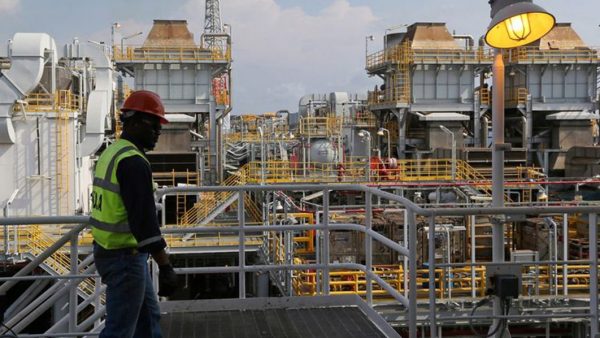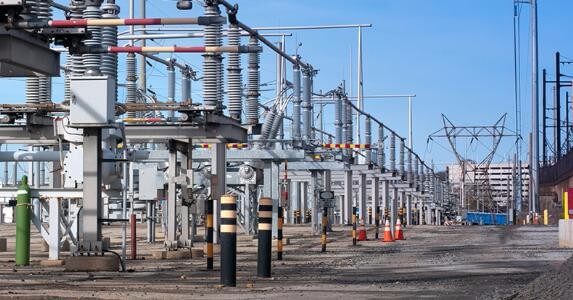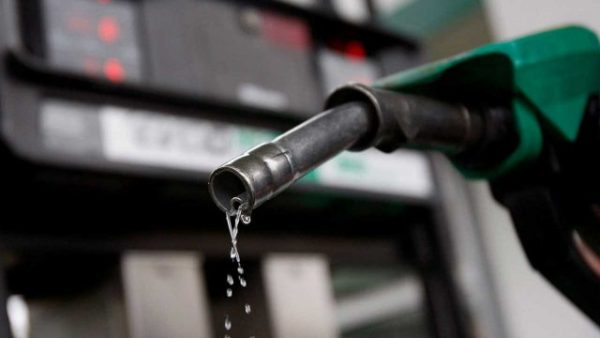Oil Earnings Rose By N91bn In June – FG
The marginal rise in crude oil production in June 2024 increased Nigeria’s earnings from crude oil sales by about N91bn in the same month.
Latest oil production data obtained from the Nigerian Upstream Petroleum Regulatory Commission, an agency of the Federal Government, indicated that Nigeria’s oil production rose from 1,251,494 barrels per day in May to 1,276,159 barrels per day in June, representing an increase of 24,665 barrels daily.
This implies that the country pumped an additional 739,950 barrels of crude oil in 30 days in June.
The average price of Brent, the global benchmark for crude, was $82.25/barrel in June 2024, according to data from countryeconomy.com, an international analytical firm.
Also, the average exchange rate of the United States dollar in June, according to exchangerates.org, was N1,489.88/$.
Therefore by increasing oil production by 739,950 in 30 days, Nigeria’s earnings rose by $60.86m, an equivalent of N90.67bn in the review month.
Further analysis of NUPRC’s data showed how the country’s crude oil production fluctuated in the first half of 2024.
Nigeria produced 1,426,574 barrels of crude oil daily in January, but this dropped to 1,322,208 barrels per day in February and further declined to 1,230,518 barrels in March.
The downward trend was halted in April as the country produced 1,281,478 barrels of crude per day in that month. This was, however, not sustained as crude oil output from Nigeria dropped to 1,251,494 in May, before rising marginally to 1,276,159 in June.
The low crude oil production from Nigeria has remained a source of worry for operators in the oil sector.
Findings by our correspondent, as reported recently, showed that Nigeria failed to meet the crude oil production quotas approved by the Organisation of Petroleum Exporting Countries all through 2022 and 2023 and had been unable to meet those approved since January 2024, worsening the oil supply crisis to indigenous refiners.
OPEC is an intergovernmental organisation that enables the cooperation of leading oil-producing and oil-dependent countries to collectively influence the global oil market and maximise profit.
Refineries in Nigeria, including the $20bn Dangote Petroleum Refinery, as well as modular refiners, have been starved of adequate supply of crude required for the production of refined products such as Premium Motor Spirit, popularly called petrol, Automotive Gas Oil or diesel, and JetA1, otherwise called aviation fuel, among others.
They called on the Federal Government to work harder in partnership with International Oil Companies to ramp up Nigeria’s crude production, stressing that the lack of crude has remained a disincentive to investors, particularly those interested in modular refineries.
However, data obtained from NUPRC indicated that crude oil theft, pipeline vandalism, and force majeure at two key terminals, among others, stopped the country from meeting various OPEC oil production quotas, hence making it tough to get crude to local refineries.
Had Nigeria met its crude production quotas, it would have earned more United States dollars by exporting the commodity. Crude export is Nigeria’s major source of earning foreign exchange required to boost its foreign reserves.
Also, had the country produced enough crude for domestic refining, it would have been able to reduce the cost of refined petroleum products, cut down on the importation of PMS, save the dollars used in importing these products, and create jobs, among other benefits.
However, the Minister of State for Petroleum Resources (Oil), Heineken Lokpobiri, recently declared that the government had awarded a $21m contract to meter all 187 crude oil flow stations in Nigeria to properly account for what the country produces and exports.
He also said the government awarded another contract for software to enable the government to monitor the movement of Nigeria’s crude from the point of loading of every cargo in Nigeria up to the cargo’s destination.
Lokpobiri, who disclosed this at a press briefing in Abuja, stated that the initiatives would further give clarity on the volumes of crude produced in-country as well as the amount exported to other nations.
He said, “The Federal Executive Council meeting was held, presided over by Mr President, where we took bold steps to reorganise the oil and gas sector. One of the key approvals by the Federal Executive Council has to do with awarding a contract for the metering of our 187 flow stations across the Niger Delta region of Nigeria by the Nigerian Upstream Petroleum Regulatory Commission.
“NUPRC is the apex regulatory agency or commission for the Nigerian oil and gas upstream sector. As part of our steps to ensure that we have proper accountability, the Federal Executive Council approved the metering of all our production. We have 187 flow stations in the country, and there was a contract awarded for us to meter all the flow stations so that we’ll be able to properly account for what we produce and what we export.
“It’s a major development that has never happened in this country. This project is meant to be completed within six months, within 180 days. And Nigerians must know some of the key steps that this government is taking to ensure that we maximise opportunities that other countries are getting by the availability of oil and gas in Nigeria.”








